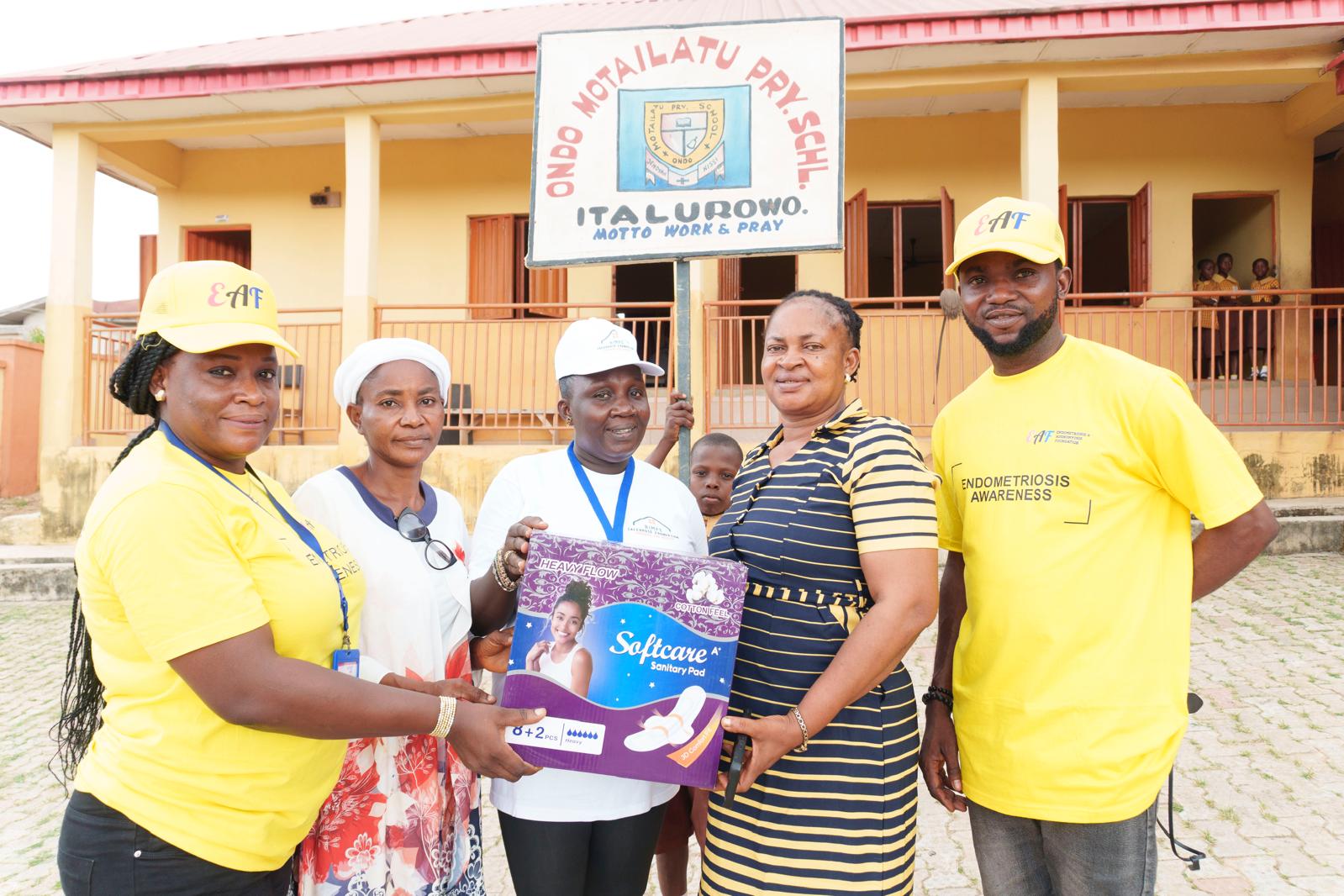The International Labour Organization, (ILO), has expressed delight that Nigeria and Ondo State are now collaborating with stakeholders to end child labour in the society.
The Organisation appealed to government at the state and local government levels, organizations, workers unions, academia, civil society, and the media to strengthen the organization’s war against child labour and forced labour.
In an address, the Country Director of the ILO, Dr Vanessa Phala represented by ACLAWA ILO, Project Manager, Dr. (Mrs.) Agatha Kolawole, made the call during the presentation meeting of the CAP Document for State and Local Government Authorities held in Akure, the Ondo State capital.
According to her, child labour has unfortunately been woven into the fabric of rural life in Nigeria, particularly within agricultural communities.
Driven by poverty, she explained that families often rely on children to contribute to the family’s welfare and survival, adding that children often have to work under hazardous conditions, sacrificing their education, health, and childhood for meager wages.
“This not only violates their fundamental rights but also hinders their potential and perpetuates cycles of vulnerability.
“One good thing is that Nigeria and Ondo state are actively combating child labour,” the director noted.
She maintained that the number of children aged 5 to 17 years engaged in hazardous work has risen.
Globally, the director disclosed that the agriculture sector accounts for 70 percent of child labourers as nearly 28 percent of children aged 5 to 11 years and 35 percent aged 12 to 14 years in child labour are out of school.
She noted that agriculture remains the branch of the economy with the highest child labour prevalence at 56.8 percent followed by services at 25.8 percent and industry at 17.4 percent, just as she added that children from poorer families and whose household heads are less educated are more likely to be in child labor.
Agatha, therefore, recommended the social expansion of access to early childhood development opportunities for vulnerable households, reduction in school costs, improved school quality, and access to education as one promotes decent work for youth of legal working age and promotes the transition from the informal to the formal economy.
The Ondo State Controller, Federal Ministry of Labour and Employment, Mrs. Olanike Mogboruko, said child labour is a global menace as millions of children around the world are working in hazardous conditions, undermining children’s rights, well-being, and development, as well as the efforts being made through the Sustainable Development Goals (SDGs) and other mechanisms that have been put in place to eliminate it.
“It is a scourge that affects us all, and it’s our collective responsibility to address it,” she noted.
Validation on the elimination of child labour, she said, is a crucial step towards ensuring that efforts to combat child labour are effective, efficient, and sustainable.
“The ILO’s efforts to support governments, social partners, and communities to prevent child labour, protect working children, and promote education and skills development for young people are commendable.
“Through this CAP validation, we can verify that our initiatives are reaching the most vulnerable children, and that our interventions are making a real difference in their lives.
“We can identify areas where we need to improve, and work together to find solutions that are tailored to the specific needs of each community.
“I want to passionately appeal to all of us to work together to create a world where every child can grow up in safety, dignity, and freedom. A world where every child can pursue their dreams, and reach their full potentials,” she said.
In their goodwill messages, the State Chairman of the Nigeria Labour Congress, Comrade Victor Amoko, who spoke on the roles of the workforce on the fight against child labour, called for the need for out-of-school children to return to schools so that their potential can be achieved.










